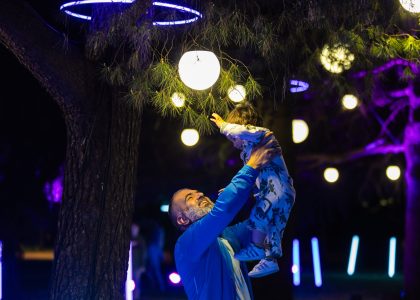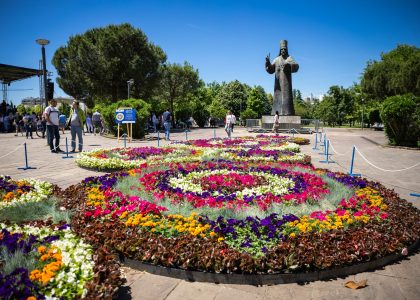Within the events marking European Year of Cultural Heritage, the EU Info Centre organised a panel discussion on the topic “Our Culture – European Heritage”. The aim of European Year of Cultural Heritage is to encourage more people to discover and engage with Europe’s cultural heritage, and to reinforce a sense of belonging to a common European area. The slogan for the year is: “Our heritage – where the past meets the future”.

Jelena Zaric, the Adviser for International Cooperation and European Integration in the Field of Cultural Heritage at the Ministry of Culture and the national coordinator for European Year of Cultural Heritage, explained that the Ministry of Culture has been organising “Days of European Cultural Heritage” every September for the past 11 years. By participating in that event the public can become more acquainted with its own heritage, and also that of other countries. Zaric recalled that the term “heritage” has a much broader meaning than just monuments, churches and material remains, which we perhaps first think of when the term is mentioned.
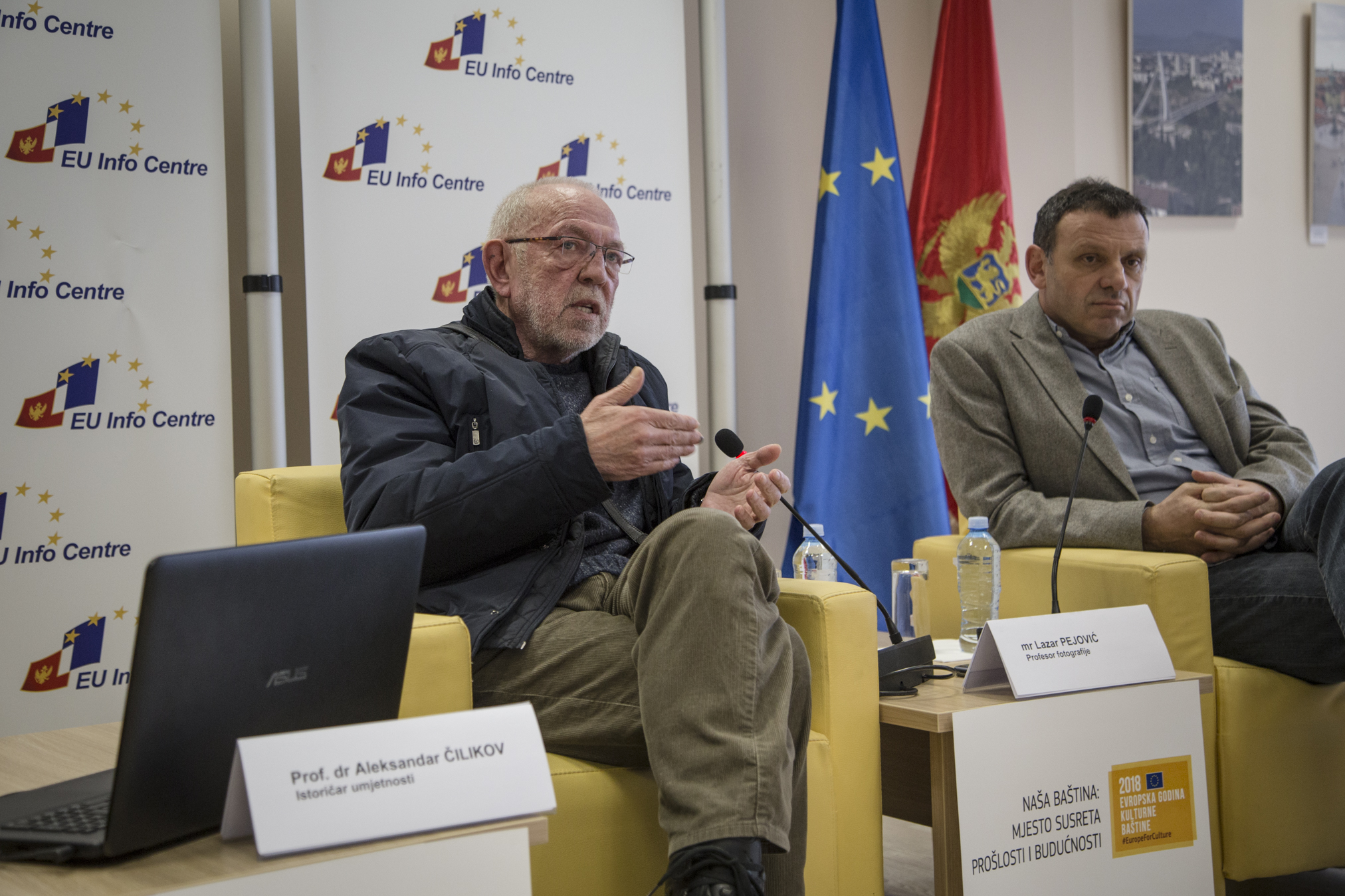 “Cultural heritage has its own non-material aspect. Traditions and customs that take place within families are examples of an intangible cultural heritage. This may involve a game, a dance, the way in which our parents and grandparents make cheese, the way in which our “slava” is celebrated. Every custom within a family or community that has been cherished for a long period of time represents an intangible cultural heritage,” said Zaric.
“Cultural heritage has its own non-material aspect. Traditions and customs that take place within families are examples of an intangible cultural heritage. This may involve a game, a dance, the way in which our parents and grandparents make cheese, the way in which our “slava” is celebrated. Every custom within a family or community that has been cherished for a long period of time represents an intangible cultural heritage,” said Zaric.
Professor Aleksandar Chilikov says that Montenegro has a “fantastic cultural heritage that can be traced from the Stone Age to the present day, with some monuments and exhibits of world value”. Chilikov’s decades of experience in working with students has taught him that young people here are not familiar enough with the cultural heritage of Montenegro.
“Where does the mistake lie? The mistake is in the pre-university system. Before university, in primary and secondary education, there must be three subjects that are compulsory for every grade, not as an elective but as a core subject. These are: The History of Montenegro’s Artistic Culture, Ecology and Ethnology,” said Chilikov.
Lazar Pejovic (MA), a photography teacher, agrees with Chilikov.
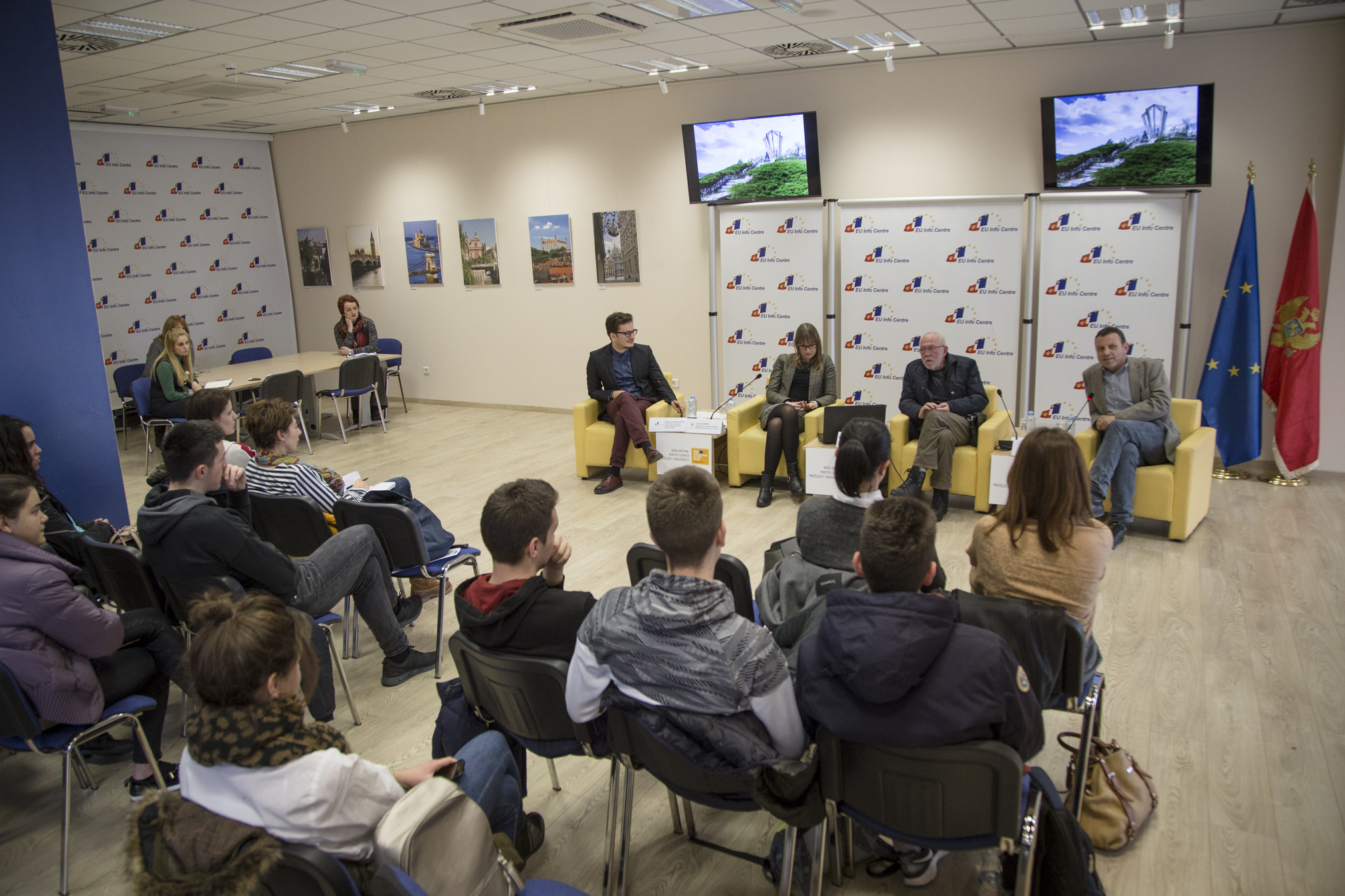
“There are no institutional policies that go in this direction to not only make people aware of the values of cultural and natural heritage, but also to help them realise what is inherited as such. Through understanding this significance and what derives from it, not only is the heritage protected and not only is the cultural level of the people who know about it elevated, but the overall democratic capacity of each individual is also increased,” Pejovic said.
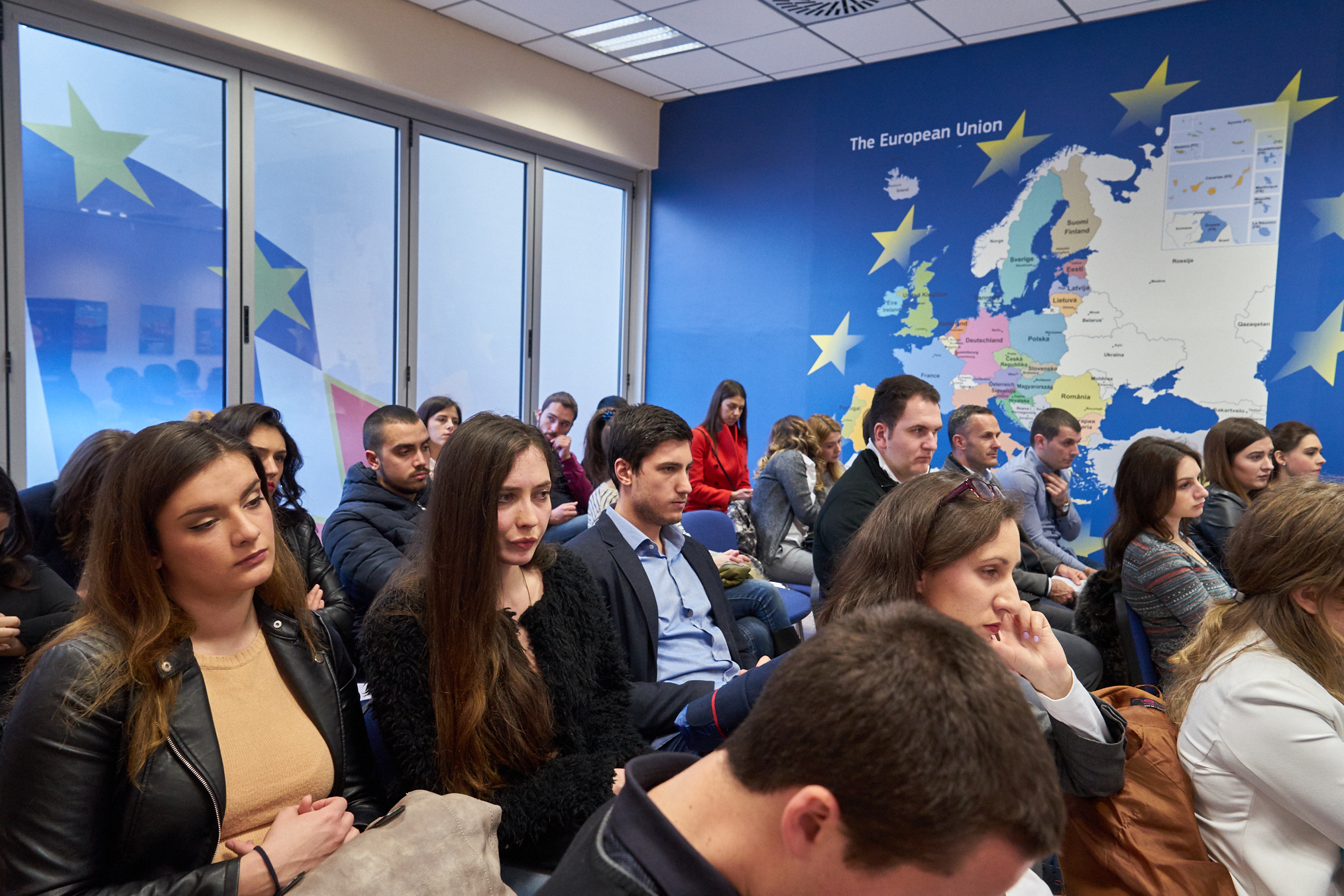
During the discussion, a competition which the European Union Delegation to Montenegro and the EU Info Centre are organising was presented for the best photograph on the topic of cultural heritage. The contest, titled “Our Culture – European Heritage” is being organised to mark 9 May, Europe Day. The competition is open until 20 April 2018.
Competition rules:
The competition is open to university and high school students. Each participant can send only one photograph. Participants need to publish a photograph on their FB profile using the hashtag #EuropeForCulture, tag the FB profiles of the Delegation of the European Union to Montenegro and the EU Info Centre, and also send them to the e-mail address: media@evropskakuca.me, with the subject line “Our Cultural Heritage – European Heritage”, providing the following information: name, telephone number, link to the published photograph and a description of what is in the photograph.
By participating in the competition, the participants guarantee that:
- The photograph is their original work; and
- All the information is correct.
You can find out more information by calling 020 223 184 or 020 223 183 or by sending an email to info@evropskakuca.me or media@evropskakuca.me.

